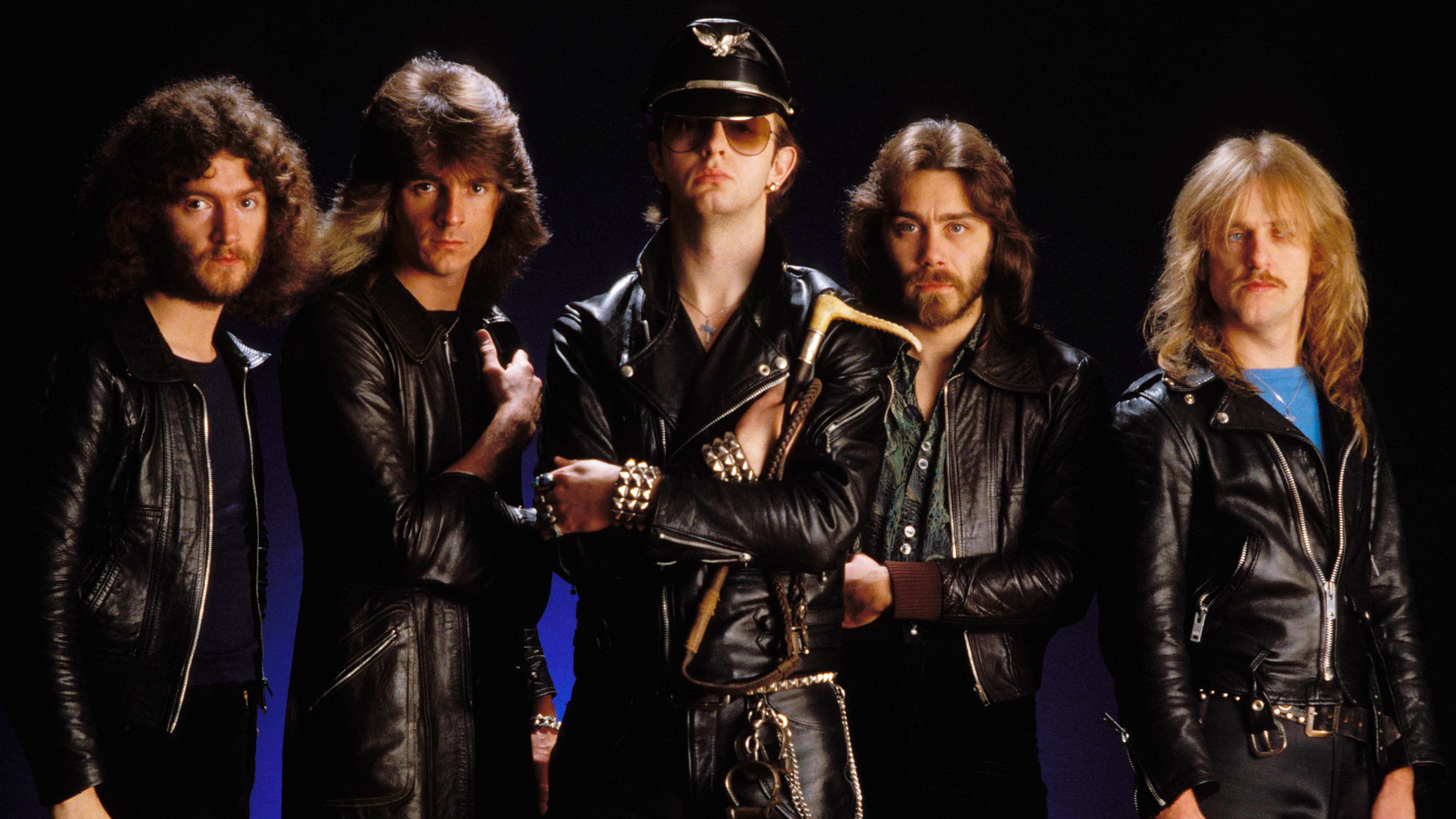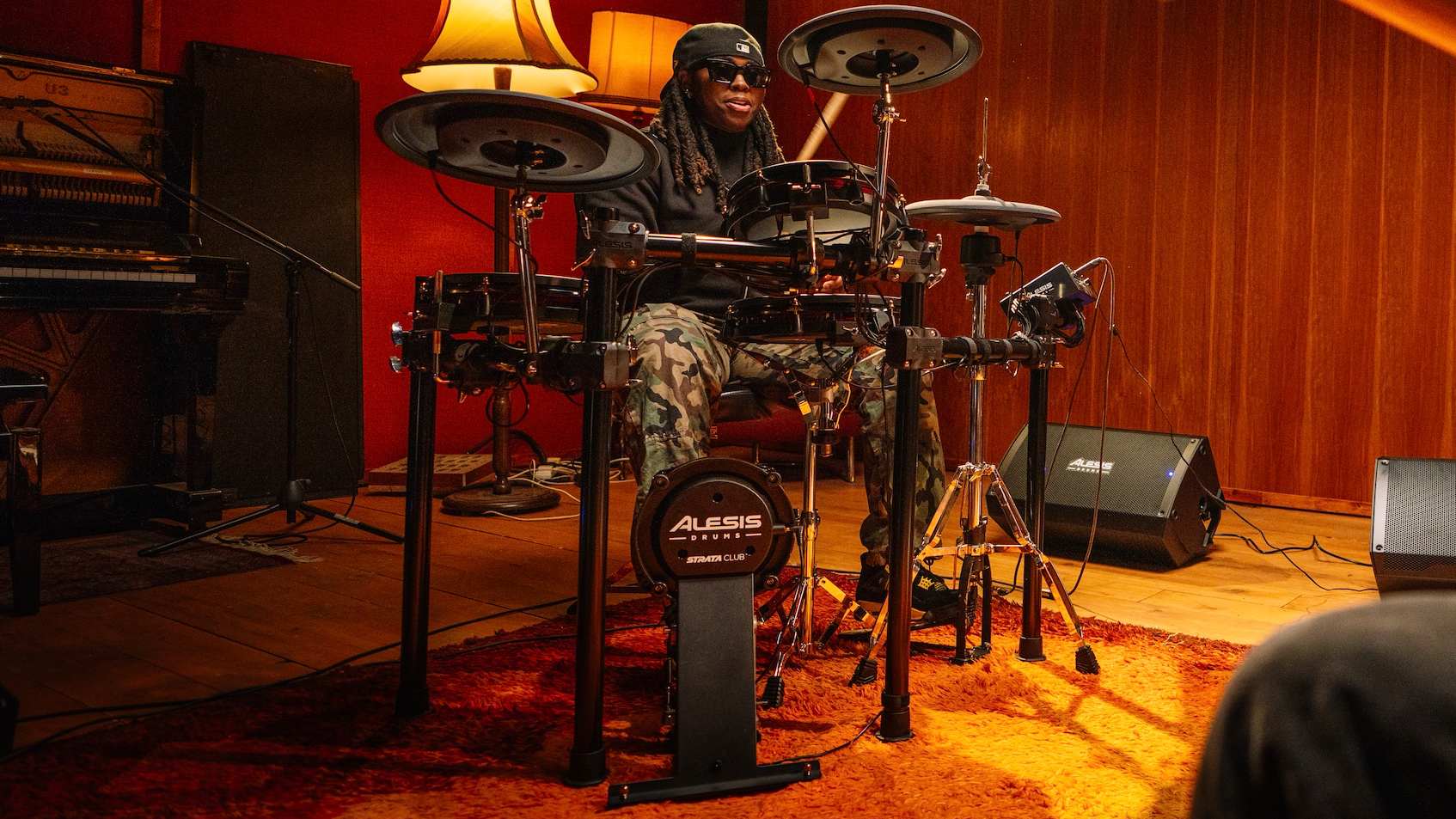Billy Duffy says the “fantastically underrated” Mike Campbell inspired his lead playing on the Cult’s new album, Under The Midnight Sun
Describing the Cult’s first new studio album since 2016 as a “blues-rock free zone”, Duffy explains how ‘80s guitar tones were out, and layered textures were in – just like the old days

The Cult’s Under The Midnight Sun finds the band tunnelling back on their sound, referencing the sounds of early works such as Dreamtime and Love, with Billy Duffy as good as his word when he said back in May that he would save his blues riffs for side project Coloursound.
But in revisiting the textured electric guitar sounds, Duffy needed to rethink his approach, and in a recent interview with Guitar Player, he explained why the album was “a blues-rock free zone”, why pristine overly-effected sounds of ‘80s lead guitar were out, and ultimately how they managed to avoid being a pastiche of themselves.
One way was to look outside for influences. On a track such as Give Me Mercy, Duffy says he drew inspiration from Mike Campbell’s work with Tom Petty in the search for new ways to complement Cult frontman Ian Astbury’s vocals.
“I wanted to avoid the guitar parts sounding too ’80s – that smooth, air-brushed lead sound,” Duffy said. “It needed something different that was still in a rock vein, and I actually came up with the idea of trying to approach the music in the way that Mike Campbell would do. He had a great way of working tasteful fills and parts around Tom Petty’s vocals. He’s a fantastically underrated player.”
Working with producer Tom Dalgety (Ghost, Pixies), Duffy says the band referenced some of the old sounds from the Dreamtime era. Released in 1984 via Beggars Banquet, Dreamtime gave the Cult some success in the UK, their debut reaching number 21 on the UK albums chart. But outside of the UK it had less of an impact.
“I think Dreamtime was a very underrated record for us,” said Duffy. “It didn’t get released in America, so many American fans might not have been aware of it.”
Furthermore, the Dreamtime sound was something that the Cult would move away from. Following their 1985 breakthrough album, Love, they would adopt a harder-edged rock sound on the likes of Electric (1987) and Sonic Temple (1989).
Get the MusicRadar Newsletter
Want all the hottest music and gear news, reviews, deals, features and more, direct to your inbox? Sign up here.
In 2022, things had changed. Astbury and Dalgety wanted a different sound, and Duffy said he could understand why they wanted the band to rediscover that more cerebral, atmospheric vibe of earlier albums. Much of the layering on Under The Midnight Sun came from Astbury’s input.
“There was an understanding that Ian and Dalgety wanted to make a different-sounding kind of record,” Duffy said. “I mean that in more of an emotional sense. If you’re playing a kind of riffy rock, your singer has to be of a certain mindset. I think when you’re older and trying to play ‘emotionally honest’ rock music, then it’s difficult when you’re not really a young pirate anymore. [laughs]
“How authentic does it seem to be fronting that brash, riff-driven music? That isn’t any kind of a knock on metal music. There’s plenty of metal that I like. It’s just a question of whether it works for us. The album captures a mood, which is the primary thing that we always try to achieve on Cult records.”
It also has what you would always expect from Billy Duffy on any Cult record: a Gretsch White Falcon going through a Roland JC-120. You can read the full interview with Duffy over at our friends at Guitar Player.
Jonathan Horsley has been writing about guitars and guitar culture since 2005, playing them since 1990, and regularly contributes to MusicRadar, Total Guitar and Guitar World. He uses Jazz III nylon picks, 10s during the week, 9s at the weekend, and shamefully still struggles with rhythm figure one of Van Halen’s Panama.
"At first the tension was unbelievable. Johnny was really cold, Dee Dee was OK but Joey was a sweetheart": The story of the Ramones' recording of Baby I Love You
"Reggae is more freeform than the blues. But more important, reggae is for everyone": Bob Marley and the Wailers' Catch a Fire, track-by-track










